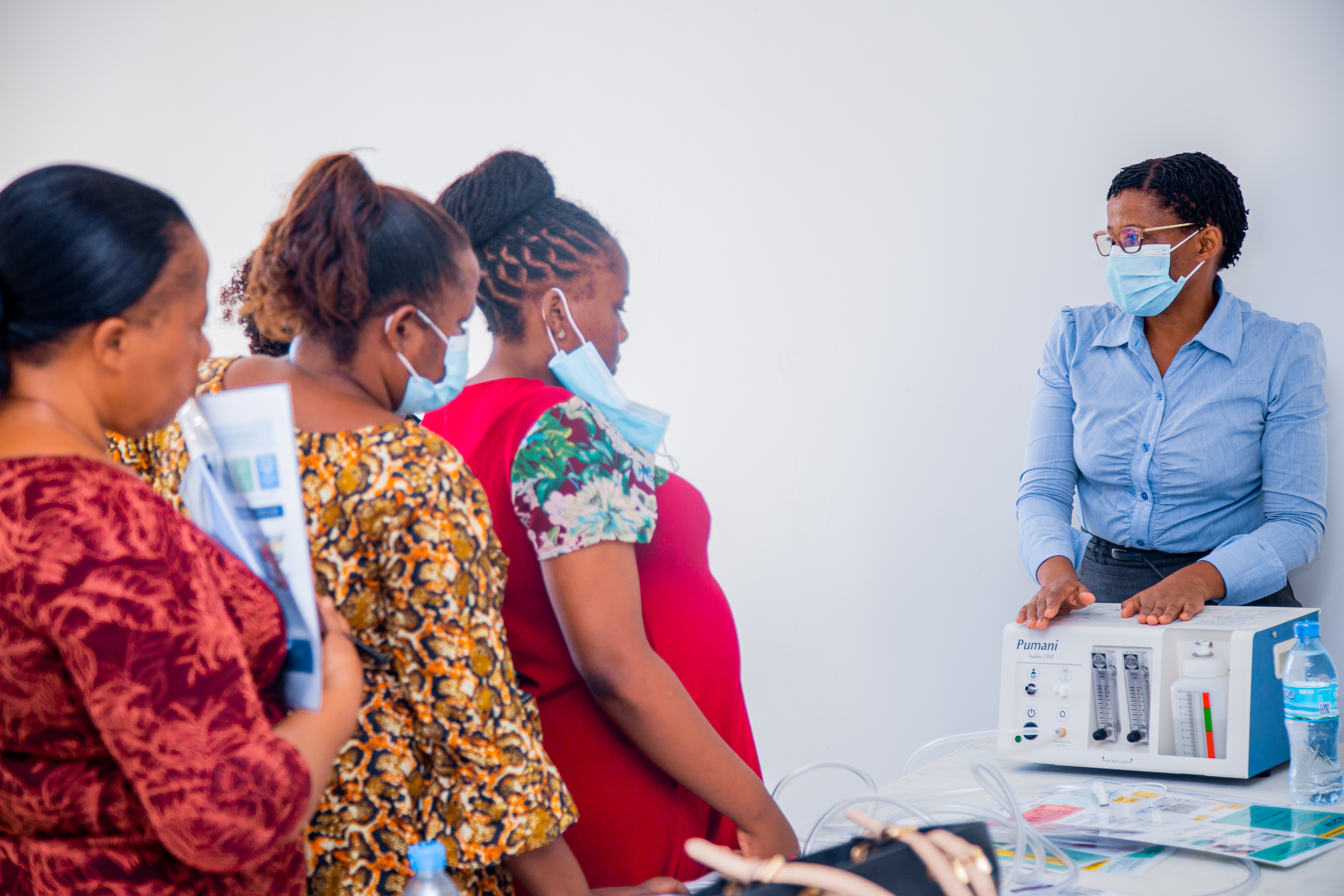
Principal Investigator: Dr. Sally Mtenga & Dr. Francis Levira
Project leader/ Coordinator: Farida Hassan
Project Administrator: Mary Irema
Funding Partner: The International Development Research Centre (IDRC-CDRI) - Canada
Start date: Nov. 1, 2022
End date: Oct. 31, 2024

Catalyzing Policy Improvement in Africa (CPIA)
The “Catalyzing Policy Improvement in Africa” – or simply CPIA – project aims to improve Maternal, Newborn, Sexual and Reproductive Health policy(ies) in 5 African countries – Tanzania, Senegal, Burkina Faso, Uganda and Mozambique.
The project will also improve the effectiveness and efficiency of the national health research system and its value to policymakers within sub-Saharan African countries.
Inadequate and uneven progress in maternal, newborn, sexual and reproductive health (MNSRH) in sub-Saharan Africa resulting from weaknesses in policy implementation are some of the factors this project wants to address and hopefully, participate in the contribution of making tangible policy outputs including improvements of existing policies – or making of new policies that will improve MNSRH.
The CPIA project is a collaborative project involving national core and international partners. The national core partners include (i) West Africa Health Organization (WAHO); (ii) School of Public Health, Makerere University; (iii) Ifakara Health Institute – IHI; (iv) and Universidade Eduardo Mondlane. International partners include the WHO Department of Maternal, Newborn, Child and Adolescent Health and Ageing and the WHO Evidence to Policy and Impact Unit, Geneva.
The project approach will be participatory and collaborative and will involve the Ministry of Health and other relevant policymakers and practitioners – together they will conduct a prospective evaluation that will enable real-time modification and improvement of planned activities and ensure that the CPIA is studied as a model of external assistance. The project will be conducted through a model that will be:
- De-colonial, nationally led and considerate of the need to strengthen local research and policy-making systems and institutions;
- Positively synergistic with other externally-driven initiatives; and
- Committed to prioritizing equity in terms of both processes and outcomes.
The project is set to begin in November 2022 and with implementation lasting for a duration of 24 months.
The United Nations University International Institute for Global Health (UNU-IIGH) will oversee the overall management of the programme as well as lead the design and conceptualization of the CPIA model.
Funds for the project came from the International Development Research Centre (IDRC-CDRI), in Canada.
As a national core partner, Ifakara Health Institute will lead the project in Tanzania alongside other partners and collaborators and will be led by Dr. Sally Mtenga, Dr. Francis Levira and Farida Hassan – researchers at Ifakara Health Institute.
